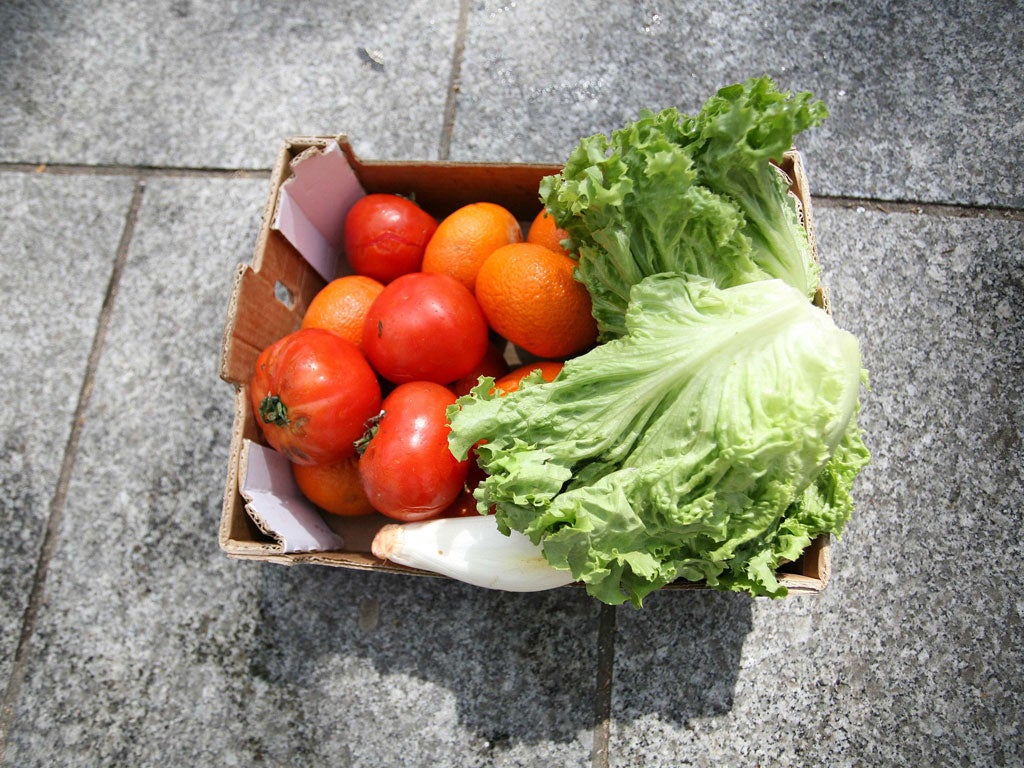The organic delusion

New research from Stanford University has concluded that organic fruit and veg has no more nutritional value than ordinary (much cheaper) groceries. So where does that leave the holier-than-thou lifestyle eaters?
While other food fads have come and gone, the market for organic food - produce farmed without the use of synthetic fertilizers, genetic engineering etc. - has grown steadily since 2000. That's great for those who can afford it (though, not as great as they assumed, it now appears), but an unaffordable luxury for millions of ordinary families.
However, this new research isn't just a delicious told-you-so moment for egalitarian foodies. It also points the way to the future of feeding an expanding population. And the future looks a lot less like the pastoral fable of yore and a lot more like a genetically-modified sci-fi adventure.
Join our commenting forum
Join thought-provoking conversations, follow other Independent readers and see their replies
Comments
Bookmark popover
Removed from bookmarks